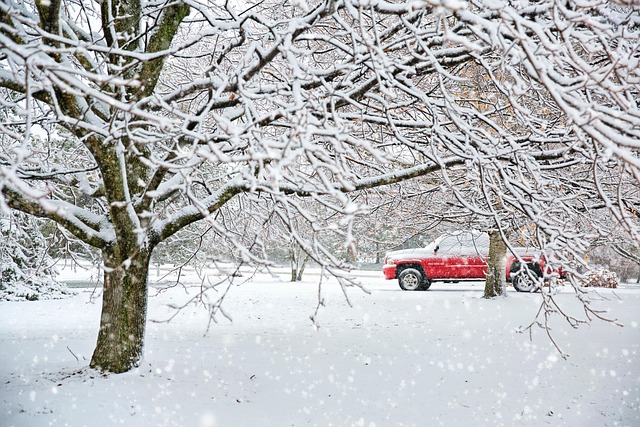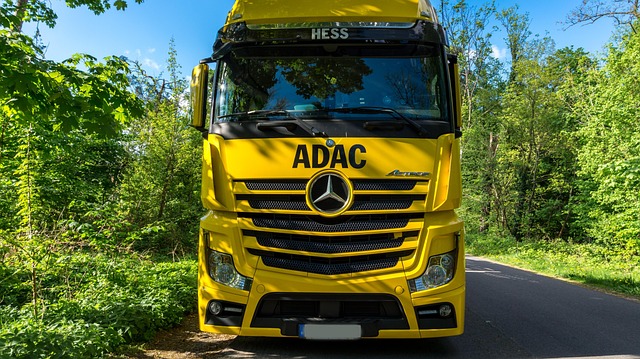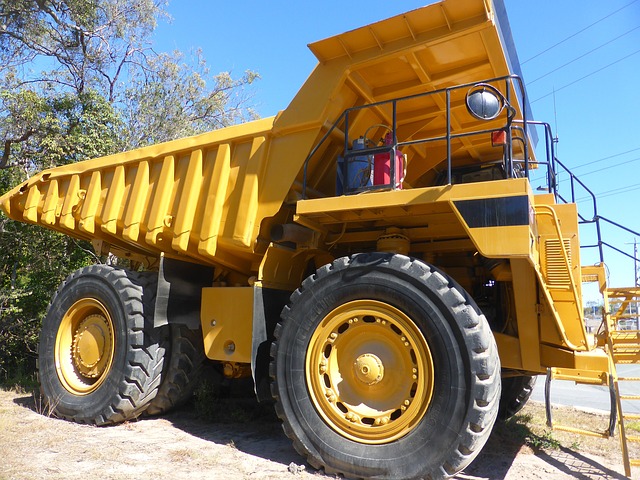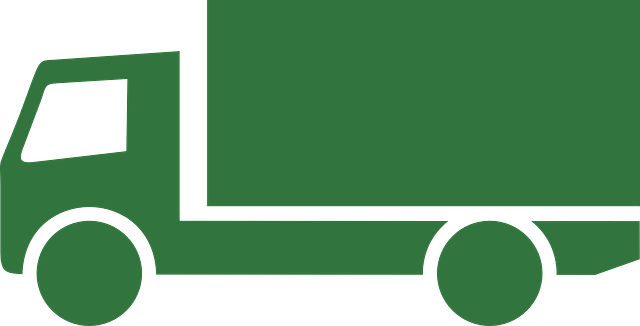Tow vehicle insurance is a specialized safety net for towing and recovery businesses, protecting against unique risks like accidents, damage, theft, and operational challenges. This comprehensive coverage mitigates financial losses, covers repair costs, and ensures business continuity. Policies offer liability protection, safeguard equipment, and streamline efficient claims processes, fostering client trust and business resilience in high-risk environments.
In the dynamic landscape of towing and recovery services, ensuring comprehensive protection is paramount. This article delves into the intricacies of tow vehicle insurance, a vital component for businesses navigating high-risk operations. We explore why this coverage is essential, dissecting key risks unique to the industry. From mechanical failures to accidents and legal liabilities, understanding what’s covered can shield your business from financial turmoil. Learn about crafting a robust policy, simplifying claims processes, and mastering efficient recovery strategies for uninterrupted service delivery.
- Understanding Tow Vehicle Insurance: What It Covers and Why It's Essential
- Key Risks Faced by Towing and Recovery Businesses
- Components of a Comprehensive Tow Vehicle Insurance Policy
- Navigating Claims Process: Steps to Efficient Recovery for Your Business
Understanding Tow Vehicle Insurance: What It Covers and Why It's Essential

Tow vehicle insurance is a critical component for any towing and recovery business, offering comprehensive protection against potential risks and financial losses. This specialized coverage goes beyond standard auto insurance policies, addressing the unique challenges faced by tow truck operators and their equipment. It includes protection for the tow truck itself, as well as the attached trailers or recovery equipment, ensuring that businesses are covered in case of accidents, damage, or theft.
One of the key benefits is the financial security it provides. Towing operations often deal with high-value vehicles and delicate recovery situations, where a single incident could lead to significant claims. This insurance guarantees that businesses can cover repair or replacement costs, legal liabilities, and even loss of income if an insured event disrupts their services. By investing in comprehensive tow vehicle insurance, companies can safeguard their assets, maintain operational continuity, and offer peace of mind to both customers and employees.
Key Risks Faced by Towing and Recovery Businesses

Towing and recovery businesses operate in a high-risk environment, facing a unique set of challenges on a daily basis. One of the primary concerns is the potential for significant financial loss due to vehicle damage or total losses during towing and recovery operations. These risks are exacerbated by the varying weather conditions, road hazards, and the inherent complexity of handling diverse vehicle types.
Additionally, tow truck drivers often work in isolated areas, increasing exposure to personal safety risks such as accidents, assaults, or working alone in remote locations. The cost of insurance for these specialized vehicles can be substantial, with premiums influenced by factors like the type of recovery equipment, geographic location, and claims history. Thus, securing adequate tow vehicle insurance is paramount for these businesses to mitigate financial and operational risks effectively.
Components of a Comprehensive Tow Vehicle Insurance Policy

A comprehensive tow vehicle insurance policy is a crucial safety net for businesses in the towing and recovery industry, offering protection against various risks and unforeseen circumstances that can arise while on the road. These policies typically cover several key components to ensure thorough protection. Firstly, they include liability coverage, which shields against damages caused to third parties or their property during towing operations. This is essential as tow trucks often operate in dynamic environments, and accidents can lead to significant legal liabilities.
Additionally, comprehensive policies provide coverage for the physical damage or loss of the tow vehicle itself. This protection is vital as these vehicles are specialized machinery that demand substantial investment. The policy may also include coverage for equipment carried on the truck, such as cranes, winches, or lighting systems, ensuring that business assets are safeguarded during transit and in case of an incident.
Navigating Claims Process: Steps to Efficient Recovery for Your Business

Navigating the claims process is a critical aspect of running a successful towing and recovery business. Efficiently managing claims ensures prompt recovery for your business, minimizing downtime and financial losses. The first step involves reviewing your tow vehicle insurance policy to understand the scope of coverage and exclusions. This knowledge equips you to handle initial assessments and communicate effectively with clients.
Next, establish a clear protocol for documenting incidents, including damage reports and client information. Timely filing claims with your insurance provider is essential, typically requiring detailed accounts and supporting documentation. By adhering to these steps, you streamline the process, fostering trust with clients and ensuring your business receives the necessary support during challenging situations.
For towing and recovery businesses, investing in robust tow vehicle insurance is paramount. By understanding the key risks and components of a comprehensive policy, you can mitigate potential losses and ensure a swift claims process. This article has outlined essential steps to navigate the claims process efficiently, emphasizing the importance of full coverage for peace of mind and business continuity. Remember, protecting your assets and operations through proper insurance is a vital step in thriving within this dynamic industry.
